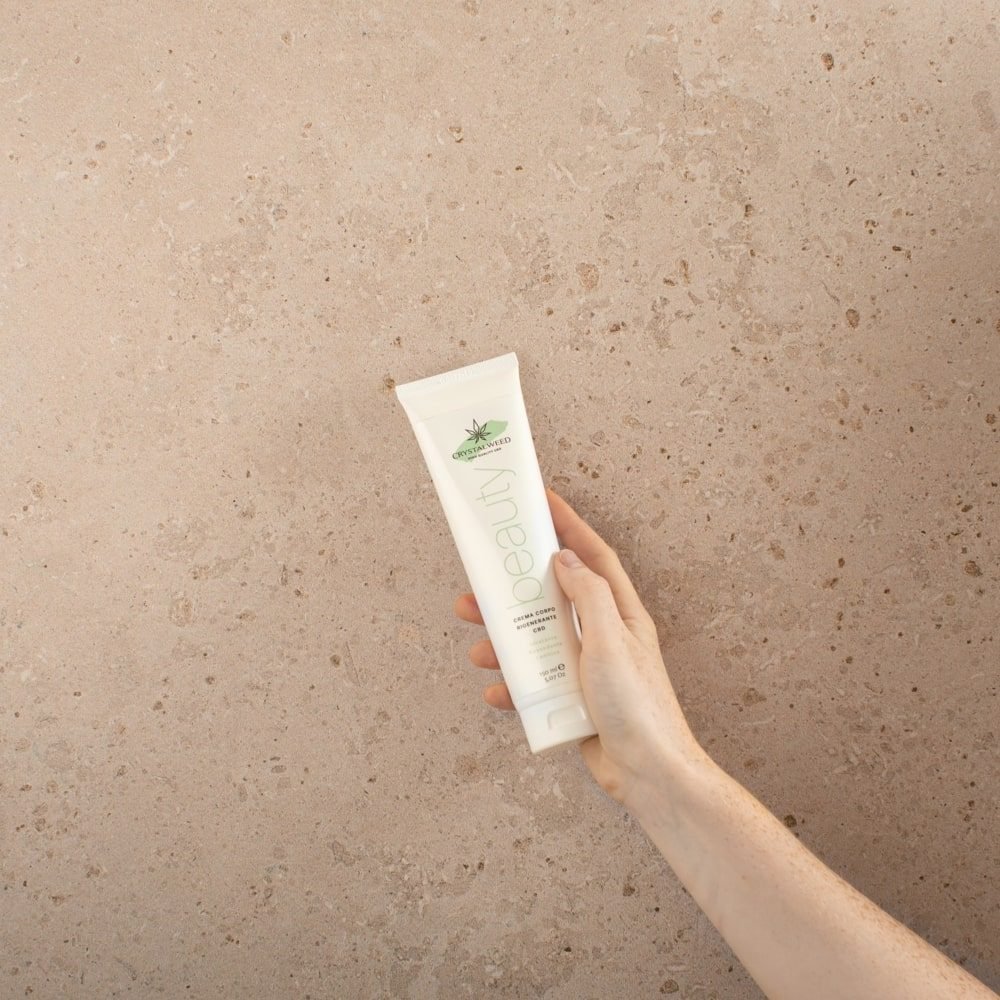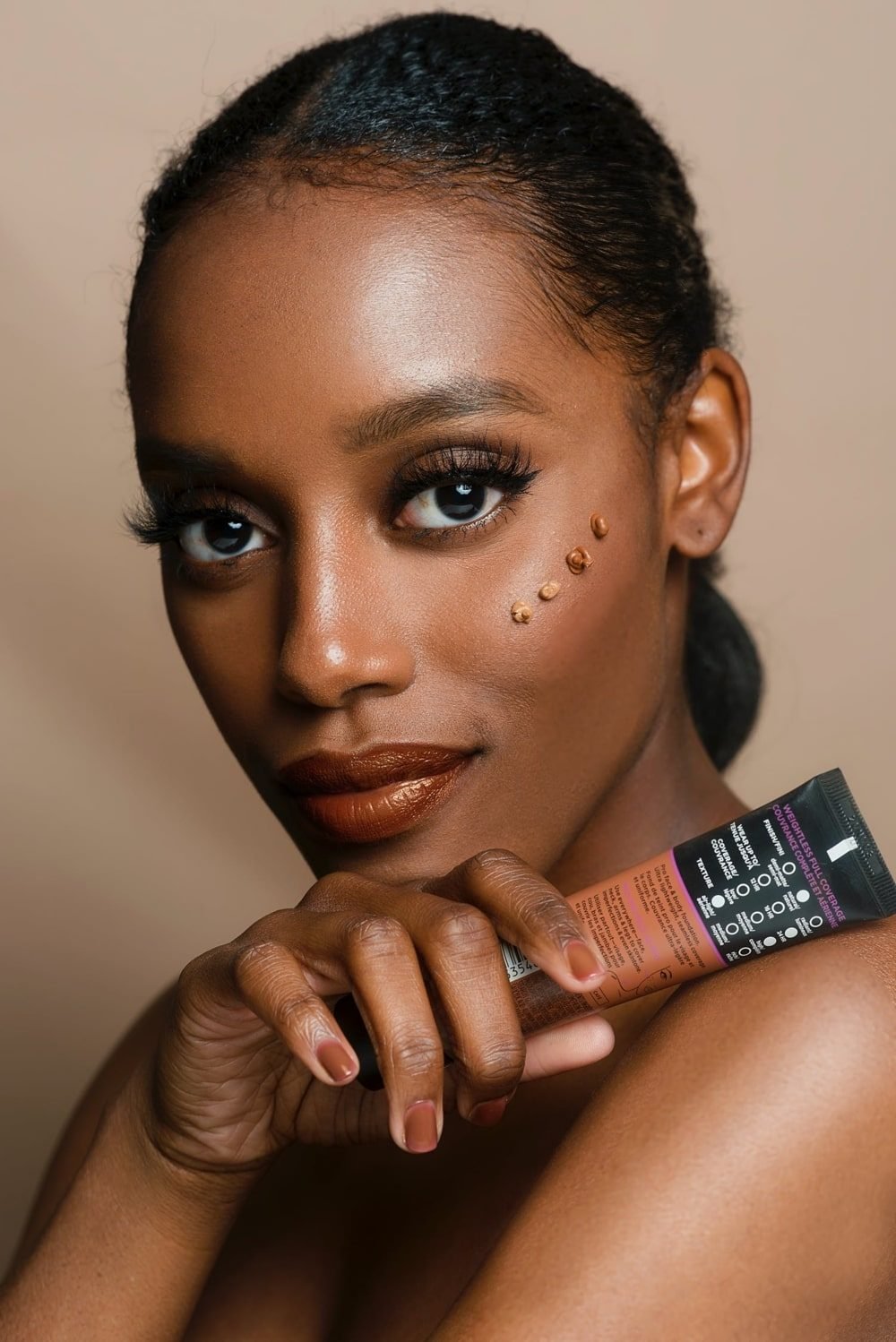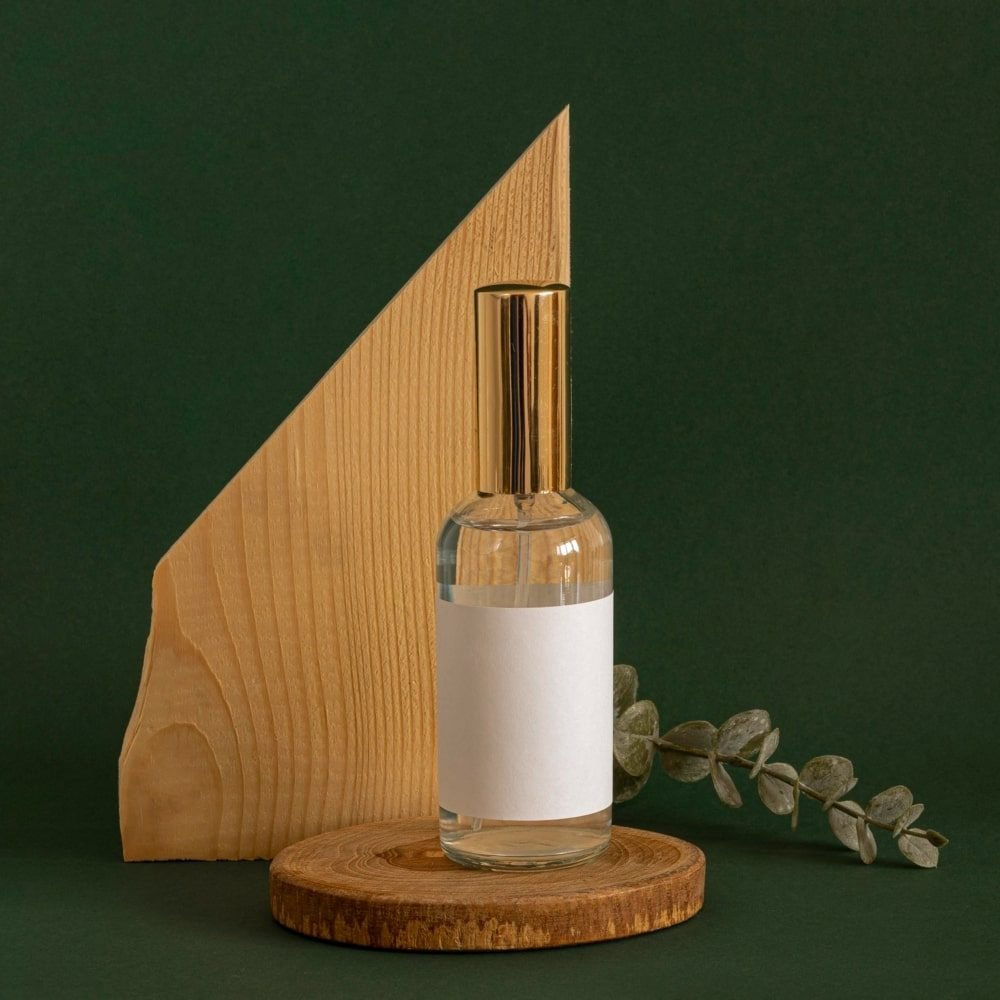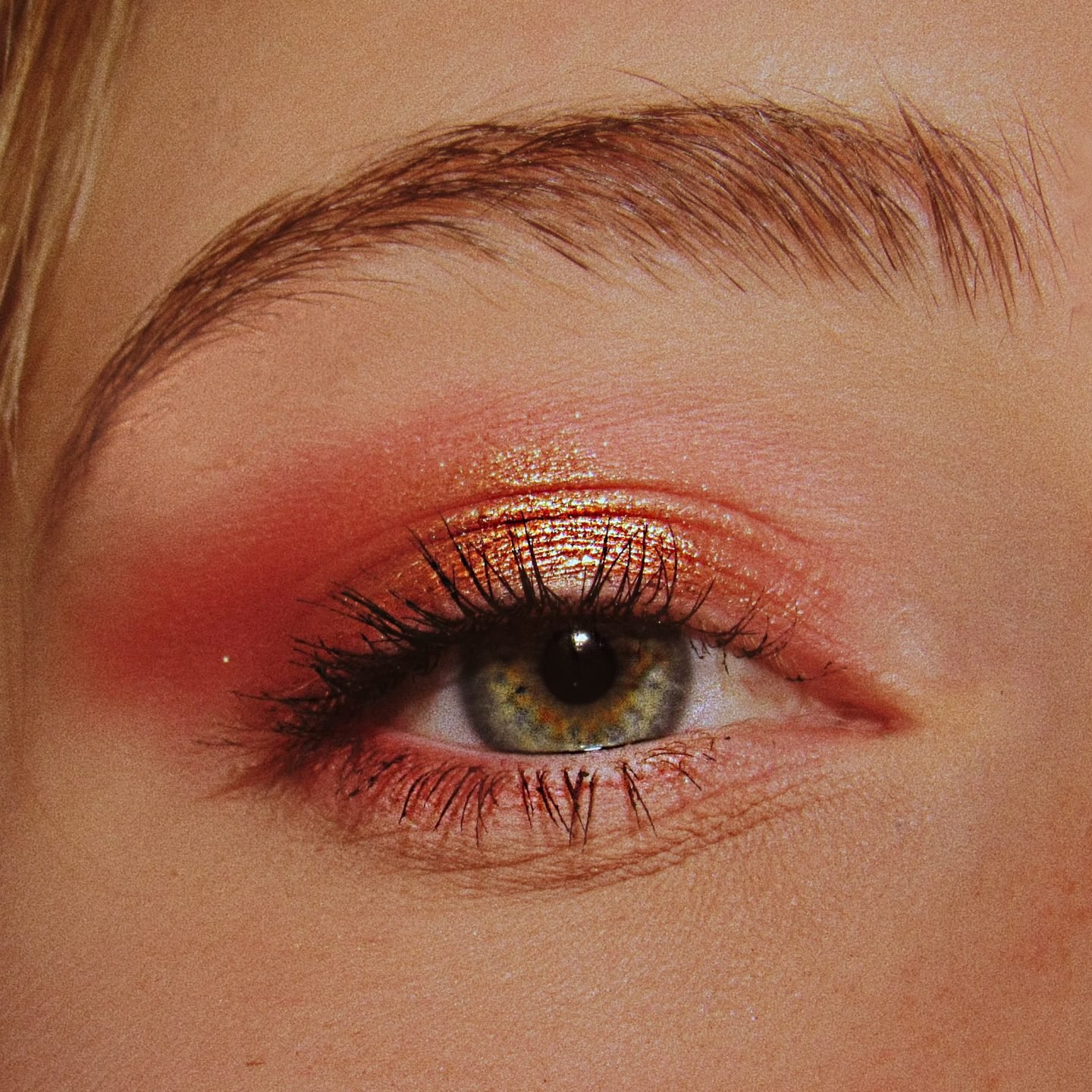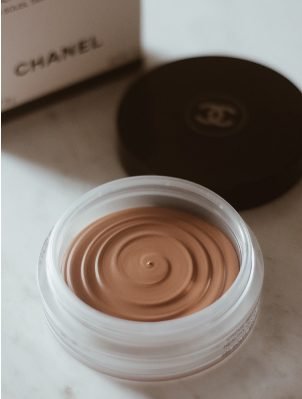- +91 8460036008
- snijdermapeels@gmail.com
- B-303, Sagar Tech Plaza, Sakinaka Junction, Andheri-E, Mumbai- 400072
Copyright © 2025 | All Rights Reserved.
The Ultimate Guide to the Best Night Creams for Pigmentation
The Ultimate Guide to the Best Night Creams for Pigmentation
Hey there, beauty buffs! If you’re on a mission to tackle those pesky pigmentation issues, you’ve landed on the right page. Let’s dive into night creams that promise to even out those annoying dark spots and leave your skin glowing like a starry night. You know, the kind you see in those dreamy skincare ads. And guess what? It’s more doable than you think!
Ingredients You Need
So, what’s in these magical brews? Picture your night cream as a cocktail of skin-loving goodies. First up, retinol. It’s the superstar for pigmentation, working overnight to kickstart cell turnover. Then, there’s vitamin C, a powerhouse that brightens your skin like nobody’s business. But hold on, there’s more—niacinamide and kojic acid are crucial for waving goodbye to dark spots. Oh, and hyaluronic acid—because who doesn’t want some hydration while catching those Z’s?
Each ingredient plays a unique role in the battle against pigmentation. Retinol, derived from vitamin A, is famous for speeding up cellular renewal. This means it helps shed dead skin cells, revealing fresher, more even-toned skin underneath. Vitamin C is all about the glow, fighting oxidative stress and helping fade pigmentation by putting a stop to melanin production—the culprit behind dark spots.
Niacinamide, a form of vitamin B3, is a multitasking marvel. It reduces dark spots, fortifies the skin barrier, keeps redness at bay, and smooths out your skin’s texture. Kojic acid, a natural byproduct of certain fungi, works to lighten skin, effectively targeting hyperpigmentation. And let’s not forget hyaluronic acid, the hydration hero that keeps your skin plump and juicy, helping other ingredients do their thing.
Expectations vs. Reality
Alright, let’s set some expectations. You’re probably wondering, “How soon can I see results?” Well, here’s the skinny: patience is key. Most night creams take about 4 to 6 weeks to show noticeable changes. But don’t sweat it! Consistency is your BFF. Imagine it like planting a garden. You water it, nurture it, and eventually, you’ll see the blooms. And when you do, it’s all worth it.
Remember that everyone’s skin is different, and things like age, skin type, and how severe your pigmentation is can affect how quickly you’ll see results. Some folks might see changes in a few weeks, while others may need a couple of months for the magic to happen. The trick is to stay patient and stick with your routine. Consistency, paired with a quality night cream, will gradually lead to a more radiant you.
Spotlight on Snijderma’s Depigmentation Night Cream
Now, let’s chat about a standout product—Snijderma’s Depigmentation Night Cream. This cream is like having a skincare guru in a jar. Packed with an advanced formula, it targets the root cause of pigmentation. Plus, it’s gentle enough for nightly use. Fancy, huh?
Here’s a little secret: I’ve been using it for a month now, and let me spill the beans—the results are wow-worthy. My skin tone looks more even, and those stubborn spots? They’re finally bidding adieu. It’s like magic—but with science.
Real-Life Tips for Using Night Creams
Alright, moving on to some real-life tips. Number one, always cleanse your face before slathering on your night cream. Think of it as a blank canvas. A clean face ensures those active ingredients can dive deep, maximizing their benefits. Next, use a pea-sized amount—more isn’t always better. Overdoing it can overwhelm your skin and lead to breakouts.
And lastly, give it time. These creams work best when you’re snoozing, so be sure you’re getting enough shut-eye. Because beauty sleep isn’t just a myth, folks! A good night’s rest allows your skin to repair and regenerate, boosting your night cream’s effects.
FAQs About Night Creams for Pigmentation
Wondering if night creams are good for all skin types? Absolutely! Just pick one that suits your skin’s needs. For oily skin, look for non-comedogenic formulas that won’t clog pores. If you have dry skin, go for a cream with extra moisturizers to keep your skin happy. Sensitive skin types should choose products with soothing ingredients like aloe vera or chamomile to keep irritation at bay.
What about side effects? Minimal, if any, but always do a patch test. Dab a bit of the cream on your inner forearm and wait 24 hours to see if any irritation pops up. And, “Can I use it with other products?” Sure, just avoid piling on too many active ingredients at once. Your skin will thank you. Overloading can lead to sensitivity or adverse reactions, so keep it simple and effective.
So, are you ready to dive into this skincare journey? Trust me, once you find the right cream, you’ll wonder how you ever lived without it. Remember, the key to your best skin lies in understanding your unique needs, picking the right products, and keeping a steady routine. Happy glowing!
Extra Tips for Maximizing Results
To really boost your night cream’s effectiveness, consider adding some complementary skincare practices. First, exfoliate regularly. Exfoliation helps ditch dead skin cells, letting your night cream do its thing more effectively. Go for a gentle exfoliant, like a mild chemical exfoliator, to keep your skin happy.
Secondly, don’t skip sun protection. Daily sunscreen, even on cloudy days, is a must to prevent more pigmentation and protect your skin from those nasty UV rays. Look for broad-spectrum sunscreen with at least SPF 30 and reapply throughout the day for max protection.
Lastly, keep a balanced diet and stay hydrated. A healthy diet loaded with antioxidants, vitamins, and minerals can support your skin’s health from the inside out. Drinking plenty of water helps flush out toxins and keeps your skin looking plump and vibrant.
By adding these steps to your routine, you’ll boost your night cream’s results and achieve a more radiant, even-toned complexion. Embrace the journey to healthier skin and enjoy the confidence that comes with it.
“`

Copyright © 2025 | All Rights Reserved.
